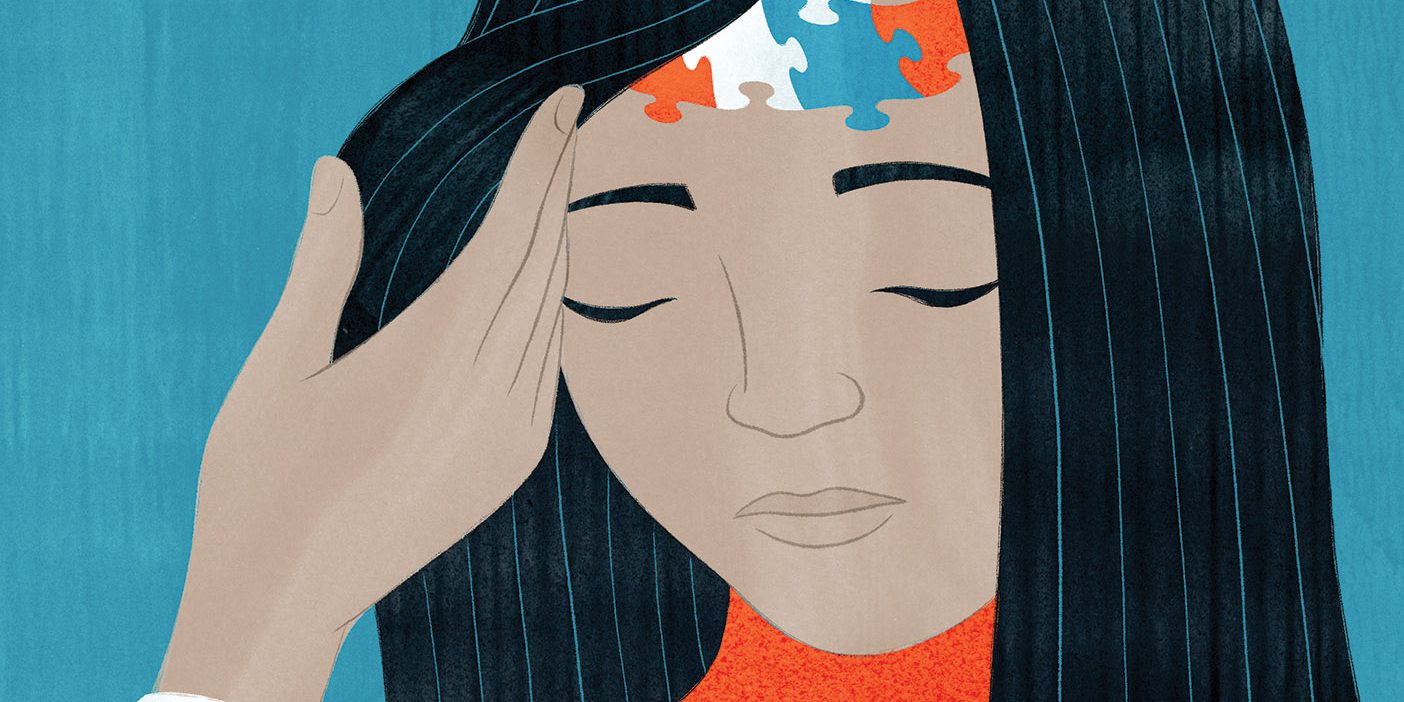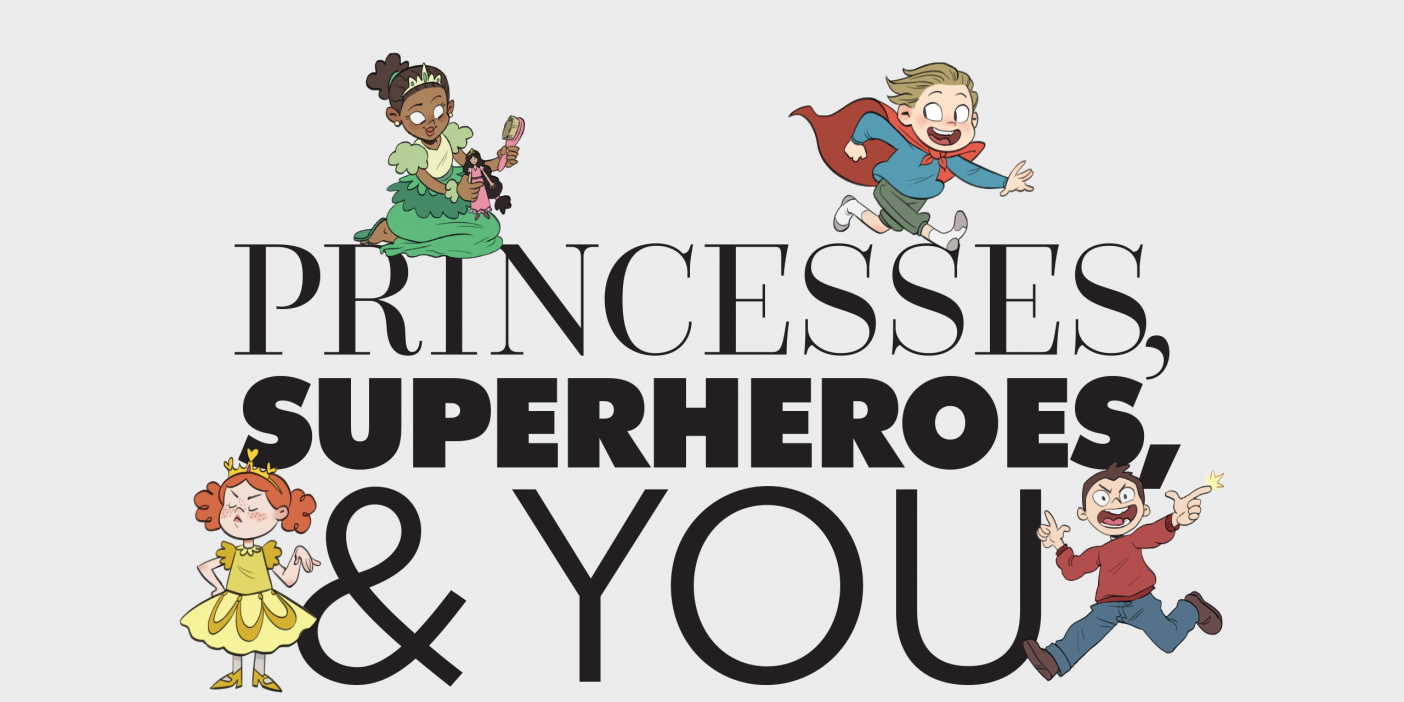BYU’s Autism Connect shares three things parents need to know.
One in 68 U.S. children falls on the autism spectrum—up from one in 150 in 2002—according to the Centers for Disease Control and Prevention, and with the rise in diagnoses has come a corresponding boom in autism-related research. Autism Connect, a network of interdisciplinary researchers from BYU and partner institutions, is contributing to the boom and hoping to improve the lives of individuals and families impacted by autism. “We’re not just doing esoteric research,” says Mikle South, associate professor of psychology. “We’re trying to do research that will be really helpful for people.”
Here are some takeaways from recent publications by BYU faculty and students on the Autism Connect team:

Josh Coleman, photographed at age 8. Coleman participates in BYU Autism Connect play and support groups. Photo by Bradley Slade.
“Realize that [a doctor’s] professional perception may not be as complete as yours.”
—Terisa Gabrielsen
Help doctors see the signs. A short visit with your doctor may not be enough for him or her to detect signs of autism in your child, according to research published in Pediatrics. In the study medical professionals failed to identify nearly 40 percent of children with autism. The reason? Children who have atypical behaviors don’t necessarily produce them on cue during a 10-to-20-minute appointment.
“Realize that [a doctor’s] professional perception might not be as complete as yours,” says Terisa P. Gabrielsen (BS ’82), assistant professor of psychology and the study’s lead author. “You may need to help them by asking for a screener and by offering your own knowledge of your child from home.”
Build consistency, coping skills. Imagine the anxiety you feel when someone says, “We need to talk.” As undergraduates, Sarah E. White (BS ’12) and Paul D. Chamberlain (BS ’13) worked with South and Newcastle University researchers to study how children with autism respond to uncertainty. They found that children with autism are more sensitive to uncertainty than their peers and often experience anxiety when they don’t know what to expect from social situations.
But, White says, if children understand what will happen and what’s expected, “then the world’s a lot less scary.” Parents can help prepare their children for events and interactions by talking about what’s coming. Parents can also calm anxieties by structuring consistent schedules and environments as much as possible. “If people are consistent, you can predict behavior,” White says. “And that’s something children with autism are desperate to do.”
Don’t be afraid to take a break. Caretakers of children with autism face their own struggles. Led by graduate student Amber R. Harper (BS ’03, MS ’12), members of Autism Connect studied the impact of respite care for parents of children with autism and found that the benefits are invaluable. “Getting away makes a huge difference for parent and marriage satisfaction and parenting stress,” says South, one of the paper’s authors.
And it’s helpful findings like this that members of Autism Connect are motivated to continue providing. Says Gabrielsen, “I think if all of us had a bottom line for research, it would be making family life better.”









